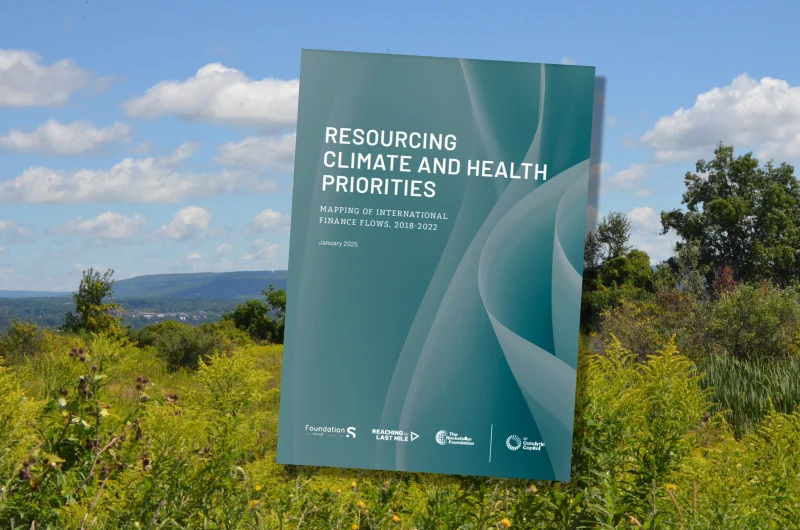Study finds access remains a challenge
International financing for climate and health initiatives surged to $7.1 billion in 2022, marking an increase in global investments aimed at mitigating climate-related health risks. However, a new analysis by the Global Climate and Health Alliance (GCHA) finds that funding remains difficult to access for the countries most affected by climate change.
The climate study, published Monday, highlights that while financial commitments from multilateral development banks and climate funds have grown, barriers such as bureaucratic complexity, inadequate national technical capacity, and institutional challenges prevent many low- and middle-income nations from securing necessary funding. These difficulties hinder efforts to address rising health threats linked to climate change, including heat-related illnesses, vector-borne diseases, and air pollution.
According to the analysis, the bulk of climate-health financing comes from institutions such as the Green Climate Fund and the World Bank. Yet, despite an overall increase in funding, the flow of resources remains uneven, with wealthier nations and organizations dominating access.
“Climate change is one of the greatest public health challenges of our time, yet those most impacted struggle to access the financial resources needed to protect their communities,” said Jeni Miller, executive director of the GCHA. “We must ensure that funding mechanisms are streamlined and equity-driven to address these urgent health threats.”
The climate study also calls for an expansion of dedicated funding for climate-health initiatives, particularly for projects focused on adaptation and resilience in vulnerable regions. The authors recommend simplifying application processes, increasing technical support for recipient countries, and ensuring that health-related climate finance is integrated into broader climate strategies.
The climate study findings come ahead of key international climate negotiations, where leaders are expected to discuss strategies for scaling up climate-health financing and improving equitable distribution.
